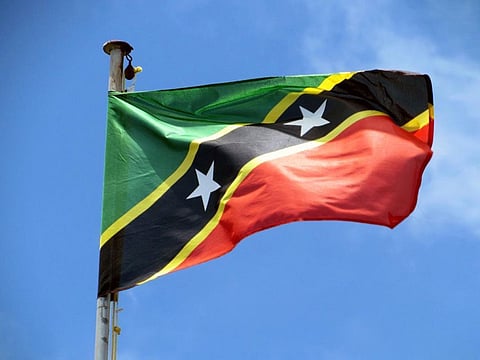From Caribbean to Global: How St. Kitts and Nevis created the citizenship by investment blueprint
The industry it pioneered expanded to over twenty active programs across the globe

In 2025, discussions surrounding citizenship by investment, often referred to as wealth migration, have reached unprecedented levels. What was once a niche topic known only to a small number of people is now widely recognised and debated in financial forums and international media.
For many high-net-worth individuals, it has become a mainstream consideration for wealth preservation, international positioning and long-term family security.
The origins of this global trend can be traced back to one small federation in the Caribbean. In 1984, only a year after gaining independence, St. Kitts and Nevis launched the world’s first Citizenship by Investment Programme.
The idea was simple yet groundbreaking- a foreign national could obtain citizenship in exchange for making an economic contribution to the country. At the time, no other nation had even considered formalising such an arrangement. The concept of structured wealth migration was born.
Since then, St. Kitts and Nevis has not only maintained its position as a leading option for investors but has also shaped the principles that underpin the entire industry.
Many of the programmes operating whether in Europe, Pacific or also in the Caribbean are built on the same blueprint established in Basseterre more than forty years ago. Two key principles stand out sustainability of the programme and a commitment to reforms that ensure its credibility.
The federation has repeatedly demonstrated that it is willing to adapt for the long-term benefit of the programme, even if that means accepting short-term economic impact.
In 2025, the industry it pioneered has expanded to more than twenty active programmes across the globe. From Argentina to Bangladesh, from Cambodia to Malta, nations in almost every region now offer citizenship by investment opportunities.
Countries offering citizenship by investment in 2025 include:
Caribbean: Antigua and Barbuda, Dominica, Grenada, Saint Lucia, St. Kitts and Nevis.
Europe: Austria, North Macedonia, Turkey, Malta (Malta’s direct citizenship programme closed this year, but it previously operated under an investment model).
Middle East and Africa: Egypt, Jordan, Comoros.
Asia: Cambodia, Bangladesh, Armenia, Thailand.
Oceania and Pacific: Vanuatu, Nauru, Tonga.
While some countries offer permanent residency leading to citizenship over time, the list above reflects those that have operated formal CBI models with a direct route to nationality. The design of each programme varies depending on national priorities.
St. Kitts and Nevis, Dominica often focus on supporting climate resilience, education and infrastructure through the programmes, while European states generally maintain higher investment thresholds, targeting applicants seeking access to the European market.
The expansion of the industry is supported by global investor demand. Applications are driven by a combination of factors, including geopolitical uncertainty, economic diversification, improved mobility and lifestyle flexibility. In recent years, citizens from major economies such as the United States, the United Kingdom, China, India, Russia and South Africa have sought second citizenships in record numbers.
For governments, these programmes can generate substantial revenue without incurring debt. Funds raised through citizenship by investment can be channelled into national development priorities such as renewable energy, healthcare, tourism infrastructure and housing.
In small economies, the impact is often transformative, with CBI revenues contributing significantly to GDP and enabling projects that would otherwise take decades to complete.
For investors, the motivations vary. Some are looking to expand their global footprint, access new markets or create a secure base for their families. Others are focused on long-term planning, ensuring that they have a reliable alternative in times of political or economic instability. For business leaders, a second nationality can also be an important tool for global operations and market entry.
In this evolving environment, the leadership of St. Kitts and Nevis is as relevant as it was four decades ago. The federation has shown that even the smallest of nations can influence global policy, shape international trends and create enduring economic impact.
Sign up for the Daily Briefing
Get the latest news and updates straight to your inbox



